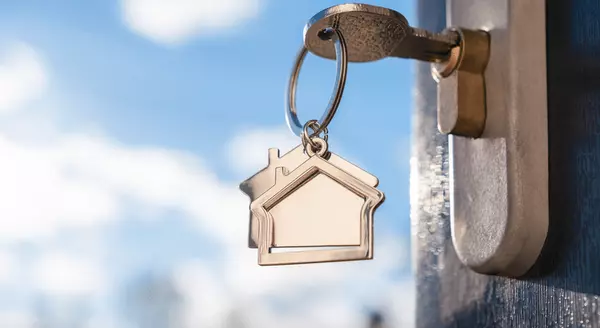
What You Really Need To Know About Down Payments
Some HighlightsThere’s a misconception going around that you have to put 20% of the purchase price down when you buy a home. But the truth is, many people don’t put down that much unless they’re trying to make their offer more competitive.And if you want to give your savings a boost, look into down

Why Most Sellers Hire Real Estate Agents Today
Selling your house without an agent as a “For Sale by Owner” (FSBO) may be something you’ve considered. But you should know that, in today’s shifting market, more homeowners are deciding that’s just not worth the risk.According to the latest data from the National Association of Realtors (NAR), the

You May Have Enough Equity To Downsize and Buy Your Next House in Cash
Some HighlightsHave you been holding off on downsizing? If so, you should know your equity could make your move possible.Homeowners today have so much equity that a record number are buying their next house in all cash. And that has some big benefits like making their offer more appealing, potential

Your House Didn’t Sell. Here’s What To Do Now.
When your house doesn’t sell, it doesn’t just feel frustrating – it feels personal. You put time, money, and emotional energy into this move. You told your friends and family it was happening. And now that your listing has expired without a buyer? You’re left feeling stuck, and maybe even a little e
Categories
Recent Posts










